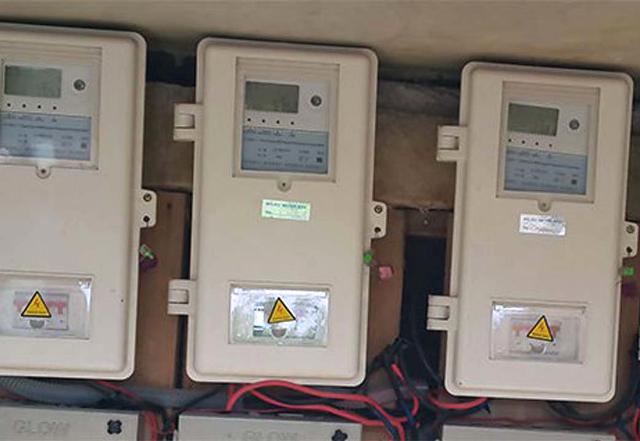Electricity Distribution Companies (DisCos) in Nigeria recently announced a significant increase in the prices for various models of electricity meters, marking the second price increment within just four months. This price hike has drawn attention and concern from electricity consumers, given the ongoing issues around affordability and access to metering services in the country. The price for single-phase meters has surged from around N117,000 to a range between N135,987.5 and N161,035, depending on the distribution company and meter vendor. This translates to an increase of approximately 28.03 percent or N32,800. The new pricing structure was officially posted on the DisCos’ X handles, with the changes set to take effect on November 5, 2024.
The latest price adjustment reflects the implications of the deregulation of meter asset providers (MAPs), a crucial change mandated by the Nigerian Electricity Regulatory Commission (NERC). This policy seeks to address persistent challenges in meter supply and pricing transparency within the country’s electricity sector. The introduction of competitive bidding is expected to not only create a more vibrant metering market environment but also to foster efficiency and improved service delivery for end users. Even though this latest adjustment follows a previous price hike in August 2024, the transition to a deregulated market raises pressing questions about the long-term impact on consumers and the overall electricity distribution model in Nigeria.
An evaluation of the newly posted prices reveals a wide range across different DisCos and their vendor partners. For instance, Eko DisCo set its prices for single-phase meters between N135,987.5 and N161,035, while its three-phase meter prices ranged from N226,600 to N266,600. In contrast, Ibadan DisCo customers can expect to pay between N130,998 and N142,548 for single-phase meters and N226,556.25 to N232,008 for three-phase options. Similarly, Abuja DisCo has pegged its single-phase meter prices between N123,130.53 and N147,812.5, and three-phase meters at N206,345.65 and N236,500. Other DisCos like Kano and Kaduna reflect similar variability, showcasing how each distribution company determines its pricing based on several factors, including chosen vendors and specific meter models.
April 2024 witnessed the commencement of a major policy overhaul when NERC announced the deregulation of meter pricing through the MAP scheme for end-users. This strategic move intends to remedy ongoing supply issues and enhance transparency in pricing within the electricity sector. Under the new framework, meter prices will be determined based on competitive bidding rather than a centralized pricing model. This shift is anticipated to improve competition and service delivery among meter providers, ultimately leading to better cost efficiencies for consumers.
Importantly, the deregulation of the metering sector eradicates past operational constraints, allowing MAP permit holders to offer their metering services across all electricity distribution companies within Nigeria. However, to maintain service quality and regulatory compliance, these MAPs must adhere to specific standards set forth by NERC. The previous system, which relied on regulated and often subsidized meter prices, indeed aimed to foster affordability but simultaneously restricted competition and inhibited transparency within the supply chain. As a result, both DisCos and customers faced limitations in negotiating better deals or exploring alternatives in meter vendors.
In light of these changes, NERC envisions a future where a dynamic metering ecosystem thrives, benefiting both customers and DisCos alike through competitive pricing models and enhanced service quality. The increased accountability expected from meter providers, in addition to improved negotiation dynamics between end-users and vendors, is poised to transform the landscape of electricity metering in Nigeria. Nevertheless, despite the potential advantages of deregulation, the real test lies in how effectively these new policies will translate into tangible benefits for electricity consumers, who continue to grapple with rising costs and accessibility issues.














